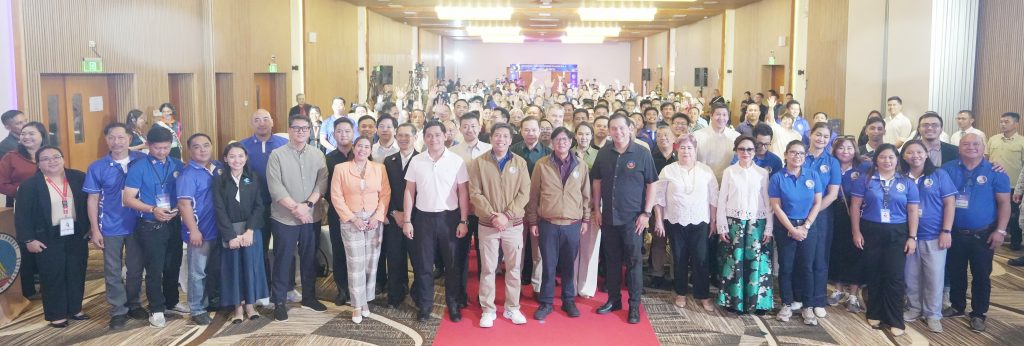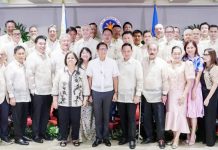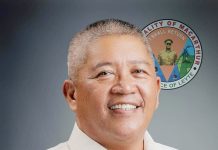
PALO, Leyte – House Speaker and Leyte 1st District Representative Ferdinand Martin G. Romualdez on Monday hailed the rollout of Phases 2 and 3 of the National Fiber Backbone (NFB) Project as a major step toward making fast and reliable internet accessible to every Filipino household.
Romualdez joined President Ferdinand R. Marcos, Jr. and other officials during the launching ceremony held at The Tropics, MacArthur Park Hotel in Palo, Leyte on July 7.
“President Ferdinand R. Marcos, Jr. is making sure internet service becomes a basic right, not a privilege,” Romualdez said. “This launch shows we are serious about bringing dependable connections to people who have waited far too long.”
The NFB project, spearheaded by the Department of Information and Communications Technology (DICT), is a multi-phase initiative aimed at building a nationwide high-speed and secure communications infrastructure. Its expansion under Phases 2 and 3 will extend coverage in Luzon, across the Visayas—including Eastern Visayas—and into parts of Mindanao.
Once completed, it is expected to connect nearly 1,000 government offices across 20 provinces, significantly improving internet access for approximately 1.39 million users nationwide.
Romualdez emphasized that reliable internet is now a vital utility, impacting everything from education and healthcare to commerce and government services.
“Walang pamilya ang dapat maiwan. Ang koneksyon sa internet ay hindi na dapat ituring na pribilehiyo—isa na po itong karapatang kailangang maabot ng bawat tahanan,” he said.
“Hindi lang ito tungkol sa bilis ng internet. Mas mahalaga, mapapadali ang pag-access ng mga pamilya sa serbisyo ng gobyerno, makakapag-aral nang tuloy-tuloy ang mga estudyante saan mang panig ng bansa, at magkakaroon ng mas malaking pagkakataon ang maliliit na negosyo na lumago at makipagsabayan.”
He noted that regions like Eastern Visayas, historically underserved in terms of digital infrastructure, are poised to benefit significantly from this national initiative.
To support these efforts, Romualdez vowed to push for greater budgetary support for the DICT’s digital infrastructure programs in the 2026 national budget. These include the Middle Mile Network, GovNet, and the Free Public Internet Access Program.
“We have a duty to make sure these projects are funded well and implemented right,” he said. “Connectivity should not depend on where you live. Every barangay, from the center of the city to the farthest island, deserves access to reliable internet.”
(LIZBETH ANN A. ABELLA)



